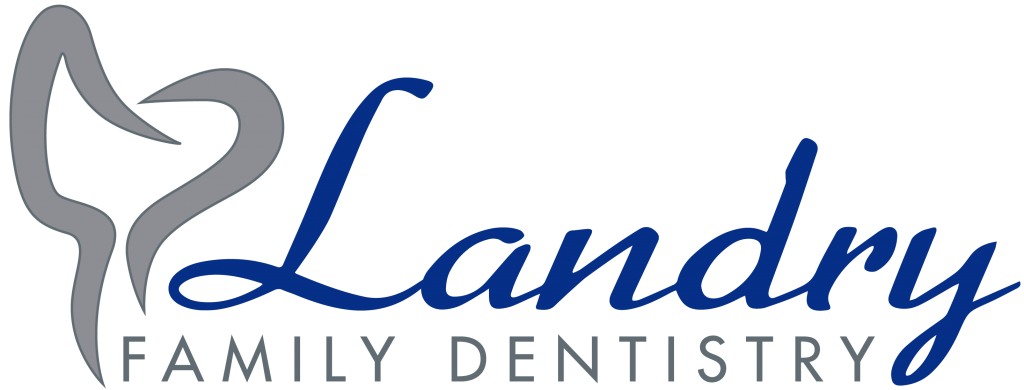That sticky film you feel on your teeth? That is plaque. It is packed with bacteria, and if you do not brush it away, it hardens into calculus. This buildup significantly raises your chances of getting cavities and gum disease. What you eat is significant in plaque buildup, and certain foods can accelerate this process. If you are concerned about your oral health, understanding which foods to limit and how to protect your teeth can help. A regular dental cleaning in Medina is essential, as is maintaining a diligent oral hygiene routine at home.
Foods That Contribute to Plaque Buildup | Dental Cleaning in Medina
Sugary Foods and Drinks
Sugar is one of the leading culprits behind plaque formation. Bacteria in your mouth feed on sugar and produce acids that erode tooth enamel. Sweets, candies, sodas, and fruit juices can contribute to this process. Sticky candies, such as caramel and gummies, are particularly harmful because they cling to teeth for long periods.
Starchy Carbohydrates | Dental Cleaning in Medina
Foods like bread, crackers, chips, and pasta break into sugar in your mouth, fueling plaque-causing bacteria. These starchy foods often get trapped between teeth and along the gum line, leading to increased plaque buildup if not removed through proper brushing and flossing.
Acidic Foods and Beverages
Citrus fruits, tomatoes, and vinegar-based dressings are healthy but highly acidic. Acid weakens tooth enamel, making it easier for plaque to adhere to the surface of your teeth. Consuming acidic drinks like lemonade and sports drinks frequently can increase the risk of enamel erosion and plaque buildup.
Dried Fruits
While dried fruits like raisins and apricots may seem like a healthier alternative to candy, they are sticky and full of natural sugars. They can cling to teeth like caramel, creating an environment where plaque-causing bacteria thrive.
Alcohol and Caffeinated Drinks | Dental Cleaning in Medina
Drinks like alcohol, coffee, and tea can contribute to dry mouth (xerostomia) by reducing saliva production. Since saliva plays a key role in washing away food particles and bacteria, its absence allows plaque to accumulate more quickly. Saliva also acts as a pH buffering agent, helping to neutralize acid levels in the mouth. Without the neutralizing effects of saliva, acid levels can rise, leading to potential tooth surface damage. Additionally, dark-colored beverages such as coffee and red wine can lead to tooth staining over time.
How to Combat Plaque Buildup
Reducing your intake of plaque-causing foods is helpful, but there are other steps you can take to keep your oral health in top shape.
Practice a Strong Oral Hygiene Routine
Brushing twice daily with fluoride toothpaste and flossing daily helps remove plaque before it turns into calculus. Using an antibacterial mouthwash can further reduce bacteria and support a healthier mouth.
Eat Teeth-Friendly Foods
Certain foods help fight plaque naturally. Crunchy fruits and vegetables like carrots, apples, and celery stimulate saliva production and gently clean teeth as you chew—dairy products such as yogurt and cheese supply calcium and phosphates, which can potentially strengthen enamel and neutralize acids.
Stay Hydrated | Dental Cleaning in Medina
Drinking plenty of water helps rinse away food particles and bacteria. It also promotes saliva production, which naturally fights plaque. If you consume acidic or sugary foods, drinking water immediately afterward can help minimize their negative impact on your teeth.




